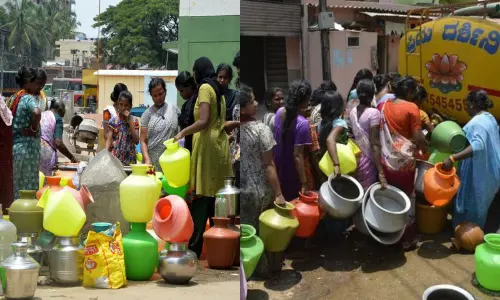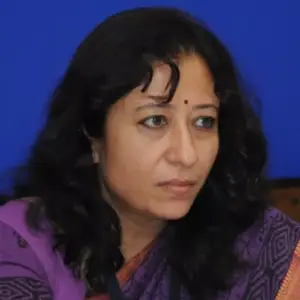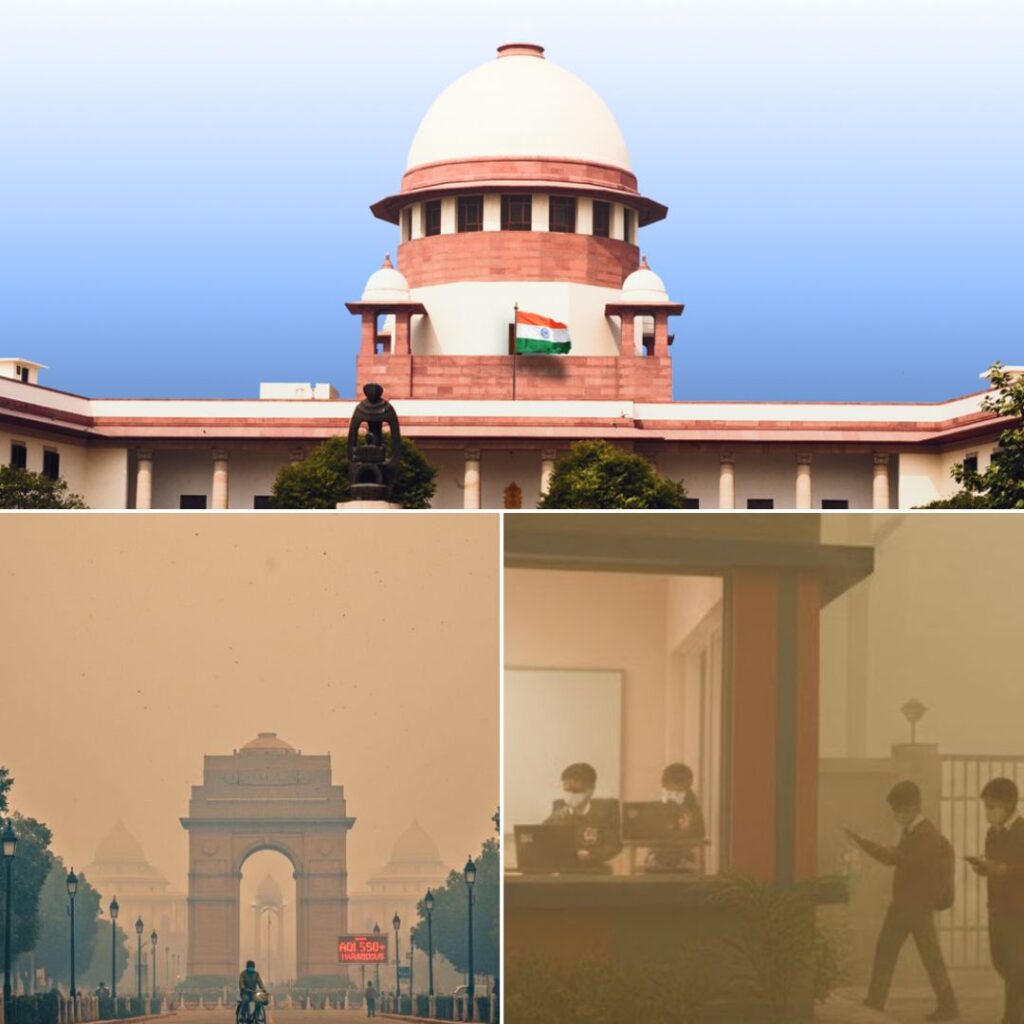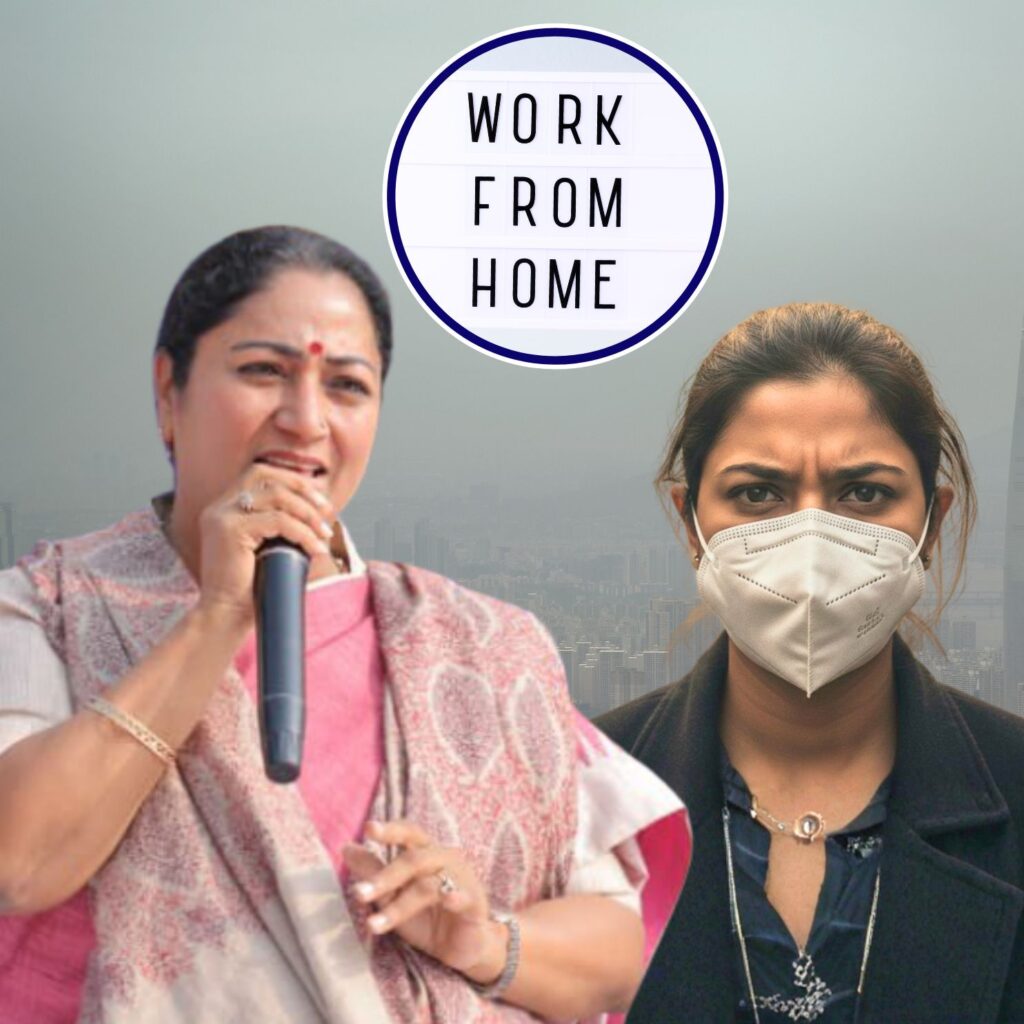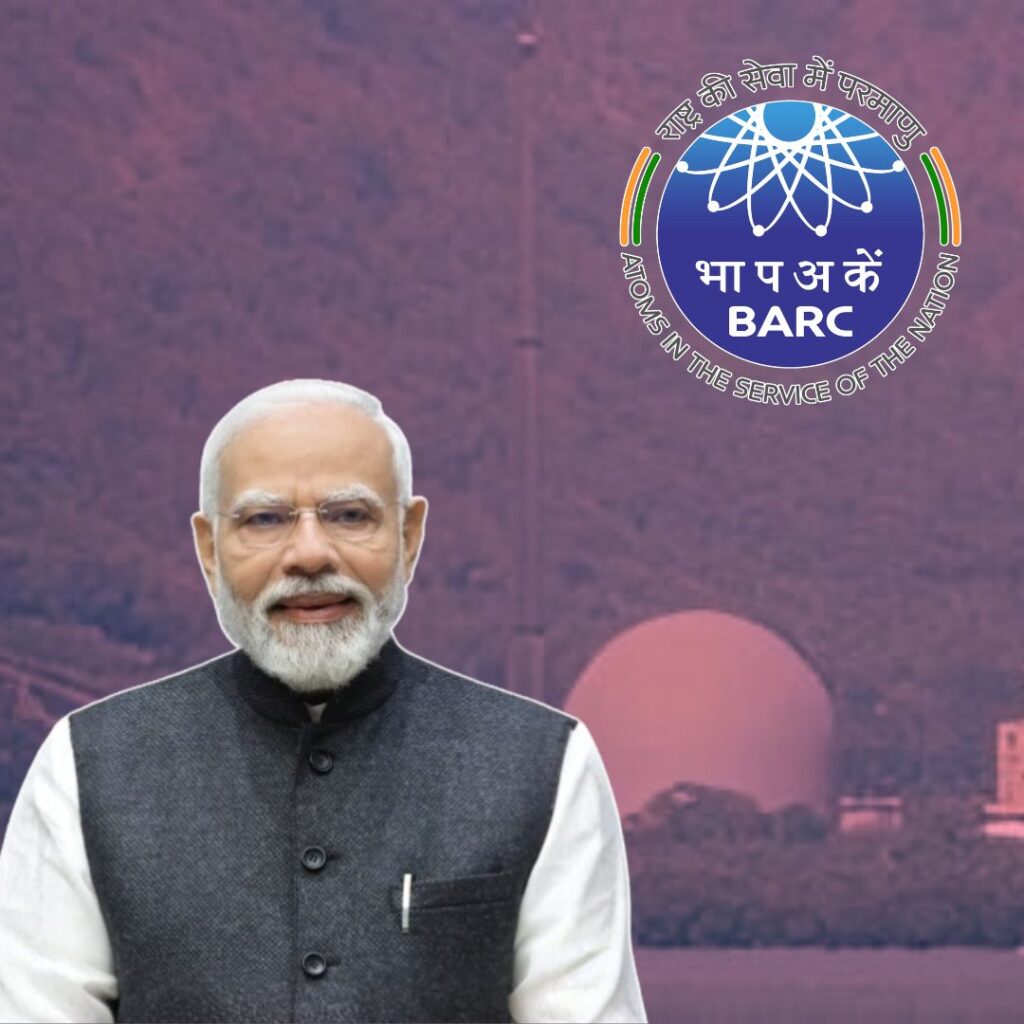Bengaluru has created international headlines this summer as India’s Silicon Valley grapples with acute water shortage, leading to people across different social and economic strata of the city having their battles for this natural resource. Experts collectively blame a below-average monsoon, the city’s increasing population creating a disbalance between demand and supply, the inability to implement rainwater harvesting, and the incessant amount of real estate work as some of the key reasons for this colossal situation.
The current water crisis has affected everyone– residents from the lower-income groups are queuing up before tankers, due to irregular water supply, residents of upscale high-rise buildings are increasingly resorting to the use of communal shower facilities provided in gyms, hotels, and shopping centers and education institutes are forced to declare holidays due to unavailability of water.
Communities Uniting to Educate & Build Awareness
Inequitable access to water is a pressing issue in Bengaluru, with marginalized communities often facing acute water shortages. Water conservation, coupled with effective management, can help address these disparities, ensuring equitable access to clean water for all sections of society. As we assess the situation, it is critical to use this opportunity to establish networks for equitable access to this basic resource.
While the civic societies have no control over aspects of seasonal variability and population, what communities need to gradually adapt and remodel themselves towards is a sustainable lifestyle – a way of living that requires one to reduce their exploitation of natural resources.
Many community organizations and NGOs work with communities of lower economic groups, societal RWAs, and academia on solutions that can be collectively conceived and implemented. These groups need to come together to define water conservation and its significance in the context of Bengaluru’s environmental and socio-economic conditions, as well as to introduce the concept of sustainable water management practices. Every community should naturally look at adopting sustainable water use practices that can be adopted by households, such as rainwater harvesting, drip irrigation in gardening, hygienic water storage methods, water-efficient fixtures, and most importantly mindful water usage.
Role of Technology in Water Conservation
It has never been a more ideal time for citizens across different economic and social structures in the city, to embrace digital learning and adopt behavioral interventions emphasized by the government, environmentalists, and influential climate advocates on social media and news programs that help you conserve water. Our partner Restless Development India’s campaign Ooru -Neeru aims to enhance water literacy amongst common people. Biome Environmental Trust, another partner of Ellara Bengaluru, regularly educates people via social media on water conservation methodologies.
Integrated Design (INDÉ) through its engagement moves beyond a mere supply and, or harvesting approach to one that integrates traditional knowledge systems rooted in ecology. In Bengaluru, where the population depends on an external and distant source of water, INDÉ has an integrated approach towards solving the problem in a more sustainable manner. These would include natural water capacity at the regional level, current institutional fragmentation of water provision and distribution services (stormwater management, treatment, storage, supply, wastewater, etc.), integrated land use planning, implications at macro and micro watershed levels, etc.
Introduce apps and tools that can help citizens manage their water consumption effectively. In March, the Bangalore Water Supply and Sewerage Board (BWSSB) launched four mobile-responsive web applications to tackle the water crisis in the city – Jalamithra, Parisara Jalasnehi, Andar Jala, and Samrakshaka. Each of these apps facilitates different aspects of conservation, surveillance and adoption of sustainable practices.
Today, Bengaluru needs to mirror a strategy combining continuous public communications, behavioral changes, and innovative technology solutions used in Cape Town between 2015 and 2018 when Cape Town endured a historic water crisis.
The Importance of Policy Frameworks and Government Intervention
While communities develop their frameworks, water literacy advocates are constantly insisting on implementing stricter laws around rainwater harvesting for public and private properties and on preventing lake encroachments by real estate institutes.
Citizens should come together to educate themselves and suggest policy changes and investments in infrastructure that can enhance the city’s water sustainability. A well-structured policy should be user-friendly and inclusive, with an equity lens that prioritizes the needs of the most marginalized individuals.
– Bijal Brahmbhatt is the Executive Director at the Mahila Housing Trust in Gujarat, India. She is a civil engineer by training and a recognized expert in habitat improvement, community development, and housing finance. She has extensive experience in conceptualizing, planning, managing, and providing support for slum upgradation programs across India.
(Disclaimer: This is a guest article written by Bijal Brahmbhatt. This article is a collaboration between The Logical Indian and Mash Impact Foundation. The content for this article was copied verbatim from the article submitted by The Mash Impact.)


